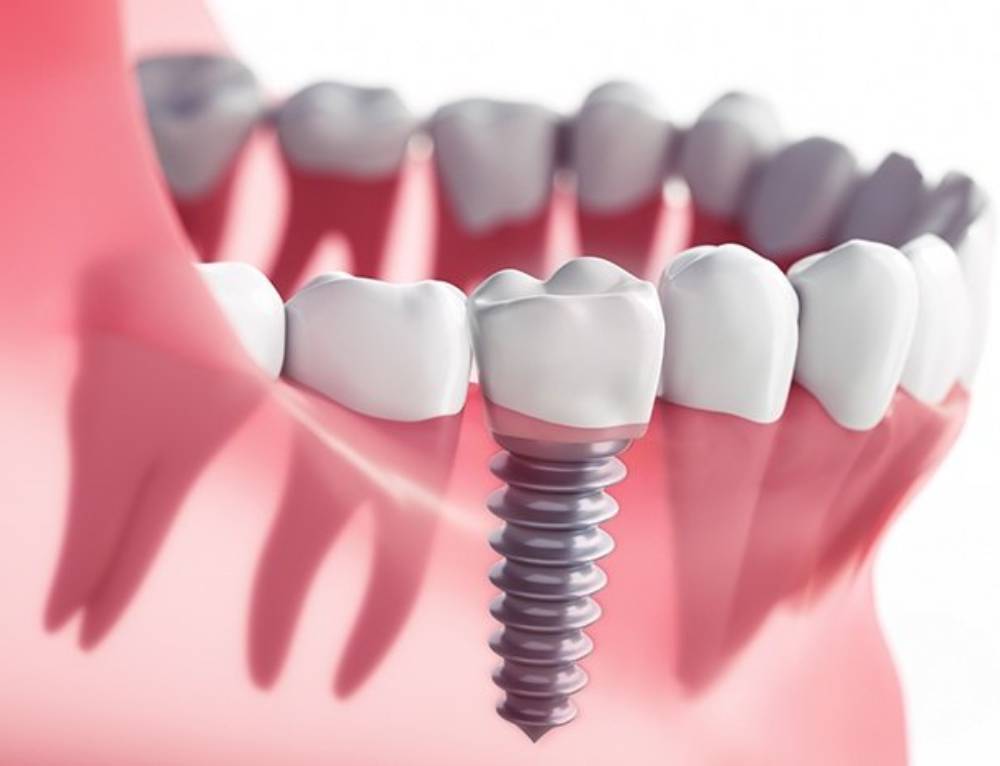

How Long Do Dental Implants Last? Everything You Should Know
Dental implants are a preferred solution for both oral health and an aesthetic smile, offering a long-lasting and reliable treatment option. But how long do dental implants last? The answer to this question depends largely on the patient’s oral hygiene habits and their commitment to regular dental check-ups.
What Is a Dental Implant and How Durable Is It?
A dental implant is a titanium screw surgically placed into the jawbone to replace a missing tooth. Known for its strength and biocompatibility, a dental implant provides a healthy and long-lasting chewing function without damaging the surrounding gum tissue.
Factors That Affect the Lifespan of Dental Implants
1. Proper Oral Hygiene
-
Brushing regularly: Brushing your teeth at least twice a day helps maintain healthy gum tissue around the implant.
-
Use of mouthwash: Rinsing with an antibacterial mouthwash supports overall oral hygiene.
2. Regular Dental Check-ups
Visiting your dentist every six months is crucial for monitoring the health and stability of your implants.
3. Smoking and Alcohol Consumption
Tobacco and excessive alcohol use can interfere with the integration of the implant into the bone and reduce its longevity.
4. Balanced Nutrition
Adequate intake of calcium and vitamin D supports strong bones and promotes the long-term success of implants.
How to Extend the Life of Your Dental Implant
-
Consistent Cleaning: Use dental floss and interdental brushes to prevent plaque buildup around the implant.
-
Avoid Hard Foods: Refrain from biting hard foods like nuts and ice, which may damage the implant structure.
-
Control Bruxism (Teeth Grinding): If you grind your teeth at night, using a night guard can protect your implants from excessive pressure.
Advantages of Dental Implants
-
They look and feel like natural teeth.
-
They offer long-term durability.
-
They effectively restore chewing ability.
Final Thoughts
With proper care and regular dental visits, dental implants can last a lifetime. By following your dentist’s advice and maintaining good oral hygiene, you can significantly increase the longevity and performance of your implants. A healthy mouth is key to a better quality of life—take care of your smile!
